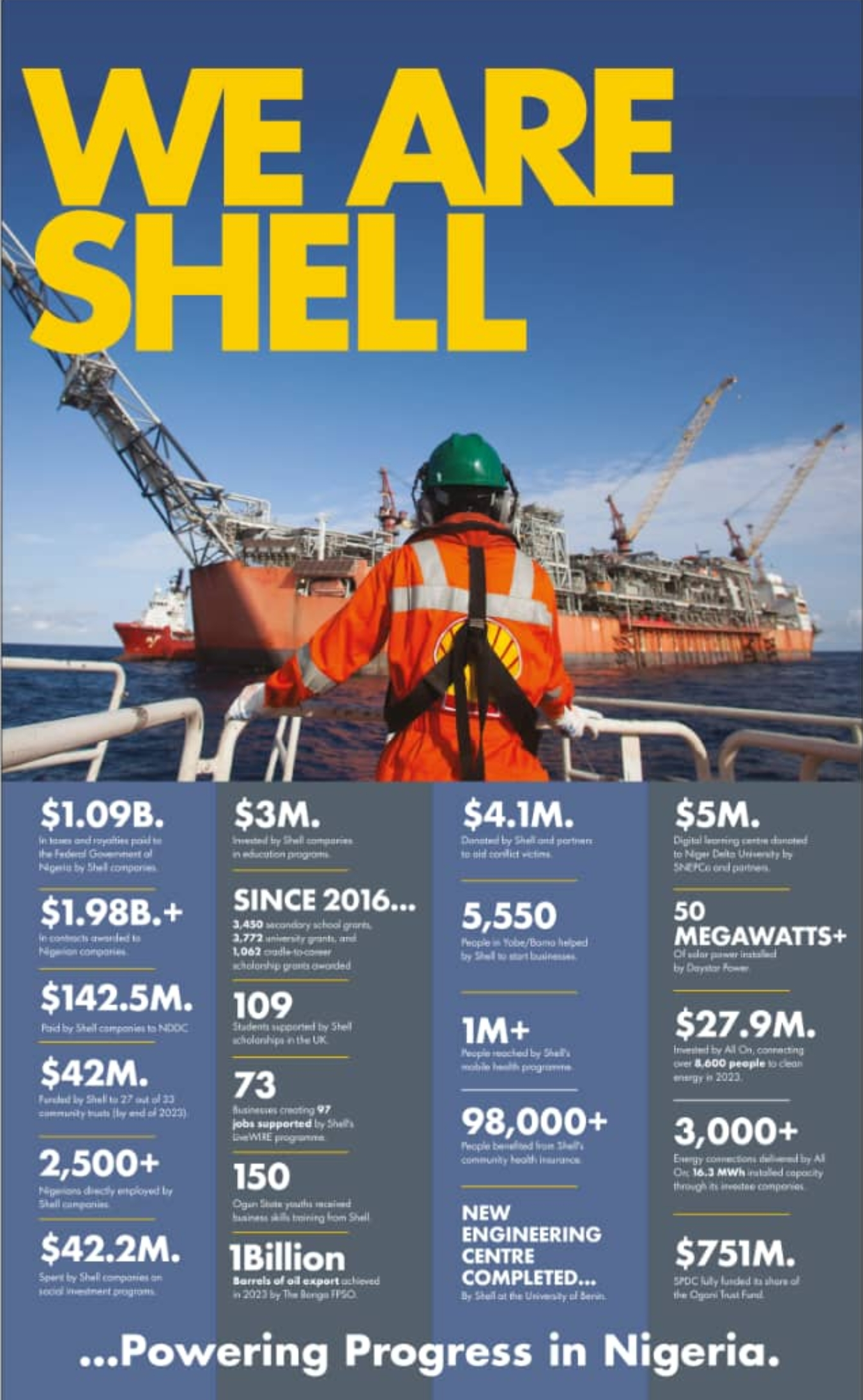
Some members of the Women in Energy Network led by the President, Mrs Eyono Fatai-Williams at the groups exhibition booth at the ongoing NOG Energy Week in Abuja
IPPG demands state of emergency in petroleum sector
* Wants IOC divestment deals quickly closed
Sopuruchi Onwuka

Nigerian players in the upstream oil and gas exploration and production industry have called on federal government to declare a state of emergency in the petroleum sector to save the economy from an imminent crash.
The Independent Petroleum Producers Group (IPPG) declared in a presentation at the ongoing Nigerian Oil and Gas (NOG) energy Week in Abuja that the prevailing plunge in crude oil and gas production portends imminent economic disaster for the country.

Chairman, Mr Abdulrasaq Isa, told the industry stakeholders in a keynote speech that the industry is in dire need of extraordinary focus to mitigate the genuine concerns on its long-term sustainability despite the recent policies and executive orders churned out by the government.
In driving his arguments with figures, Mr Isa pointed at the inverse directions in the country’s rising resource reserves and falling output, noting that despite over 37 billion barrels of proven crude oil reserves and 207 trillion cubic feet (tcf) and 600 tcf of proven and contingent gas reserves respectively, Nigeria’s daily production has significantly dropped to about 1.3 million barrels of oil and 8.5 bcf of gas today.
“This is way below our capacity as a nation and by all globally acceptable standards, this reserves to production ratio is extremely low and a clear indicator that the industry is in a dire situation.
“In addition, we now run the risk of partial implementation of our national budget considering an estimated deficit of 400,000 bpd from the forecasted 1.78 million bpd,” he lamented.
Mr Isa who runs a refinery onsite loperated Ibigwe marginal field in Imo State pointed out that the prevailing “trend in production portends another frightening dimension when we consider that in the not-too-distant future our overall installed domestic refining capacity, currently closing in on about 1.2million barrels per day, may soon outstrip our current crude oil production level with the risk of Nigeria finding itself in a position where it is unable to meet its domestic refinery crude demand or even become a net importer of crude oil, God forbid!”
“It is against this scary backdrop that IPPG is calling for urgent measures to be undertaken by all relevant stakeholders to immediately arrest this dwindling production level and under-investment ,” he cried out.
In laying propositions for the industry, Mr Isa called for conclusion of all pending asset divestment from international oil companies (IOCs) to local companies including Seplat, Oando and Rennaisance.
“ IPPG strongly advocates that our member companies – Seplat, the Renaissance Consortium and Oando – have the proven track record to successfully take over and manage these onshore and shallow water assets to realise incremental production in the region of 100,000 – 200,000 barrels of oil and over 1.5bcf of gas per day within 24 months and well over 500,000 barrels of oil per day in the long term,” he declared.
IPPG believes the timely approval of these IOC divestment transactions will also be a clear signal capable of restoring global investor confidence in Nigeria in an era of competing global investment destinations in Africa and very limited access to capital, he added.
The group also pointed at the urgent need for government to untangle “issues around deepwater development, particularly in terms of competitive fiscal regime being negotiated with Shell, Total Energies, ExxonMobil and Chevron.
Mr Isa stated resolution of the fiscal disputes in the deepwater has the potential to unlock incremental production of 700,000 barrels per day in the short to medium term, and attract significant economic benefits for the country.
He also called on government to adopt a national value-retention strategy that transforms Nigeria from a crude oil exporting to refined products exporting country.
He argued that Nigeria’s domestic crude oil refining and petrochemical capacity must be sustained primarily from internal domestic crude oil and gas production in order to transform the country into a net exporter of refined petroleum and petrochemical products that would lay a strong foundation for rapid industrialization of the economy.
“It is therefore imperative to grow our daily production to 2.5 million barrels of oil and 10 bcf of gas in the near to long term to ensure we are able to meet our domestic refinery and petrochemical demands and export commitments to generate the much[1]needed foreign exchange earnings for macro-economic stability,” he stated.
On gas development of Nigeria’s gas resources to catalyze economic growth and complement decarbonization drive, he pointed out that Nigeria’s vast gas resources must be exploited with immediate focus placed on restoring production to existing installed LNG capacity and expanding production through onsite floating liquefaction plants at offshore production sites.
“ In addition, we must expand domestic gas utilization by investing heavily to address the gas infrastructure deficit facing us today.”



